In a sensational archaeological breakthrough, a team of marine archaeologists has unearthed a treasure trove of exquisitely crafted Delftware Easter eggs from the depths of the ocean. The remarkable discovery occurred during a routine exploration of a 17th-century shipwreck off the coast of the Netherlands, sparking excitement and intrigue among historians and collectors alike.
Intricate decoration
The sunken vessel, believed to have been a Dutch trading ship from the Golden Age, yielded an unexpected bounty when divers stumbled upon a hidden compartment filled with intricately decorated ceramic eggs. Initial analysis suggests that these eggs date back to the late 1600s, making them some of the oldest known examples of Delftware Easter eggs in existence.
According to Dr. Hendrik van der Meer, lead archaeologist on the expedition, the discovery sheds new light on the cultural significance of Easter celebrations during the Dutch Golden Age. "These Delftware eggs represent a fascinating intersection of art, history, and maritime trade," he remarked. "Their exquisite craftsmanship and vibrant designs offer a glimpse into the festive traditions of the past."
Each egg is meticulously hand-painted with delicate patterns and motifs, showcasing the skill and artistry of 17th-century Dutch ceramicists. Some eggs feature scenes from biblical narratives, while others depict pastoral landscapes and whimsical floral arrangements. One particularly ornate egg even bears the likeness of a renowned Dutch master painter, leading experts to speculate about its possible connection to the art world of the time.
Lavish gifts or ancient ritual?
The origins of these enigmatic artifacts remain shrouded in mystery, prompting speculation and debate among scholars. Some theorists suggest that the eggs were commissioned by wealthy merchants as lavish gifts for Easter celebrations, while others propose more esoteric interpretations, citing ancient rituals or symbolic significance.
"This discovery challenges our understanding of Delftware production and consumption during the Golden Age," noted Dr. Maria van den Berg, a leading expert in Dutch ceramics. "The presence of these Easter eggs on a sunken ship raises intriguing questions about their intended destination and the broader cultural context in which they were created."
In light of this groundbreaking find, plans are already underway for a special exhibition at the Royal Delft Museum, where visitors will have the opportunity to marvel at these extraordinary artifacts up close. For now, the Delftware Easter eggs remain safely housed in a secure facility, awaiting further study and analysis by a team of experts.
As the world eagerly awaits more details about this remarkable discovery, one thing is certain: these ancient Delftware Easter eggs are no yolk!
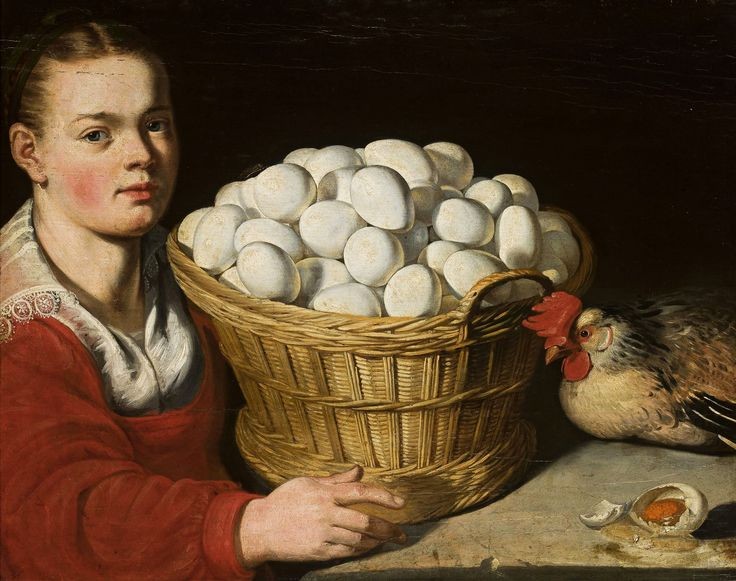
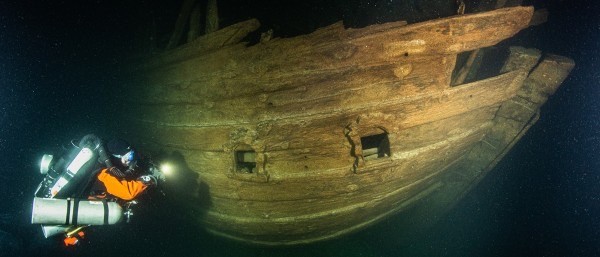
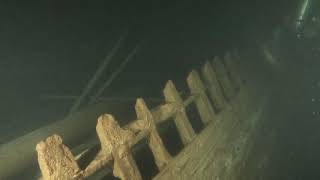
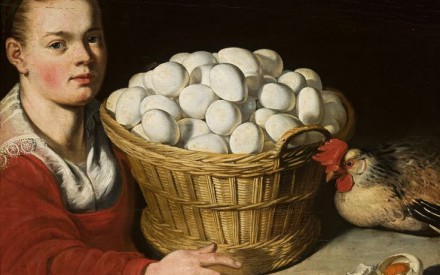
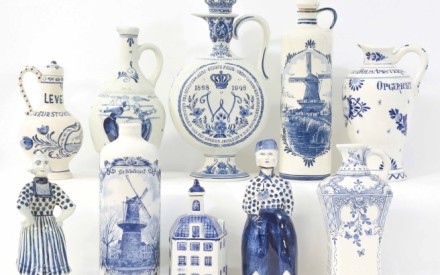
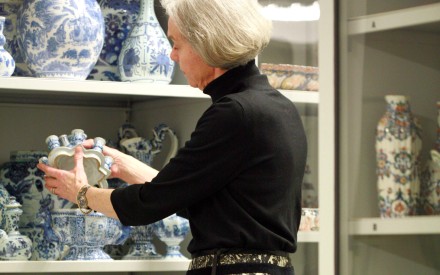
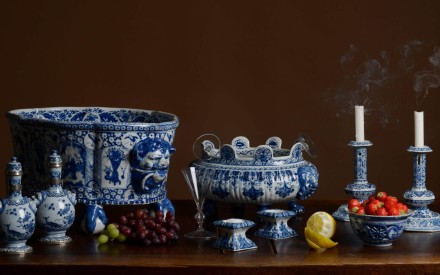
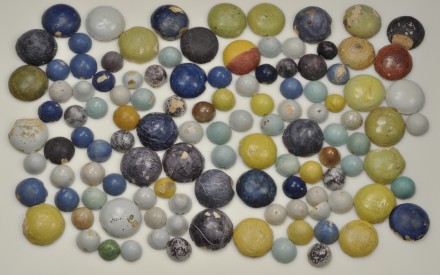
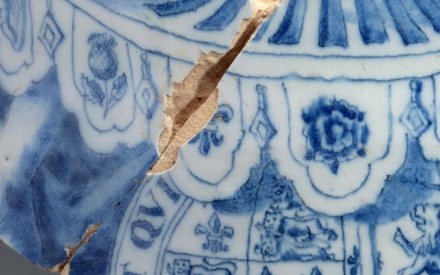
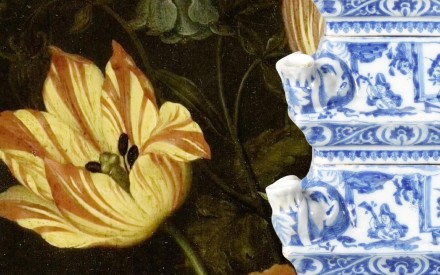











Reacties 4
1 April 😄
😉 Zou wel heel leuk zijn!
Absoluut, dan zou het wereldnieuws zijn!
Nice try !!
Reactie toevoegen
Alleen ingelogde gebruikers kunnen reacties plaatsen
Login of registreer om te reageren